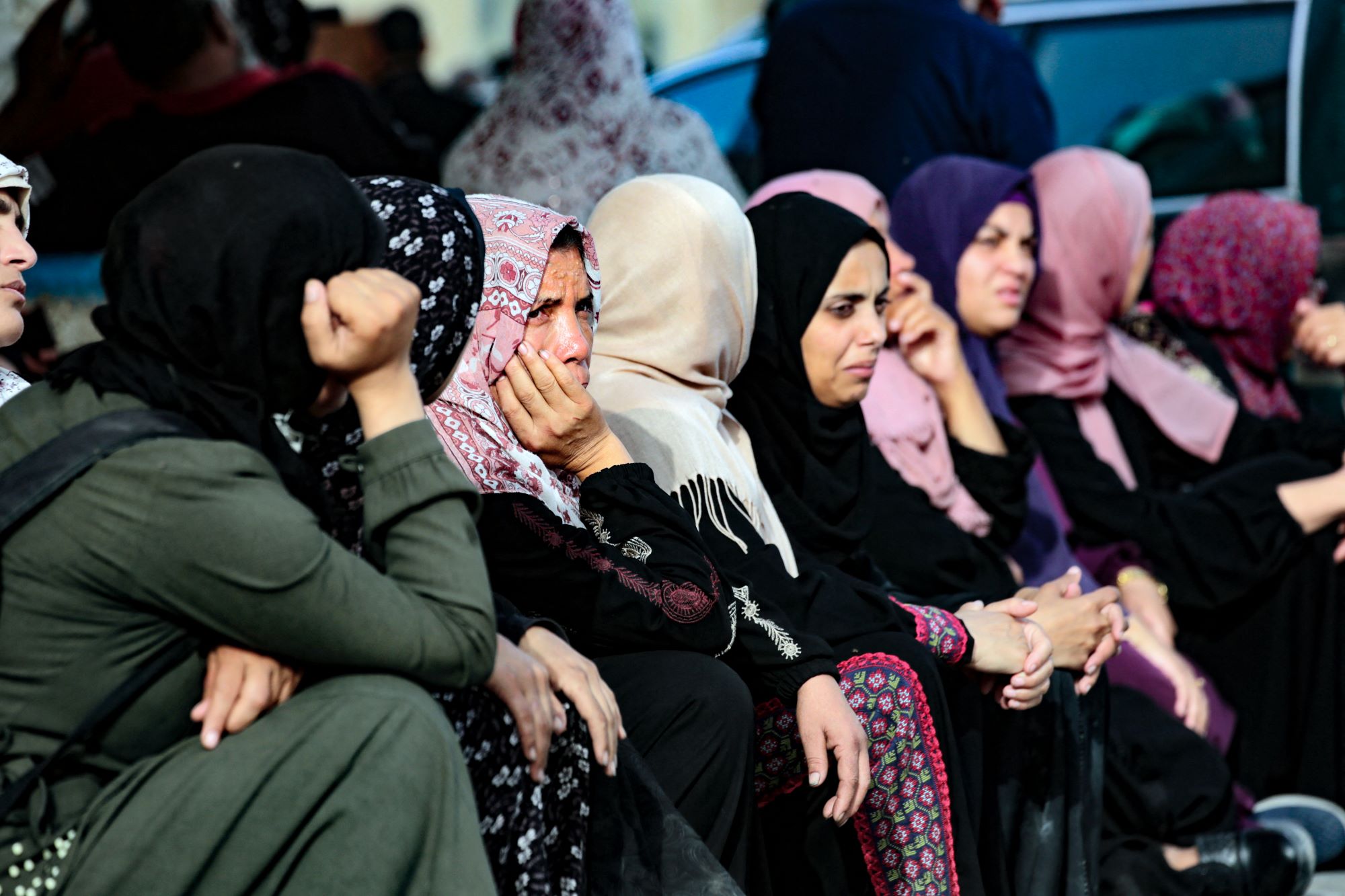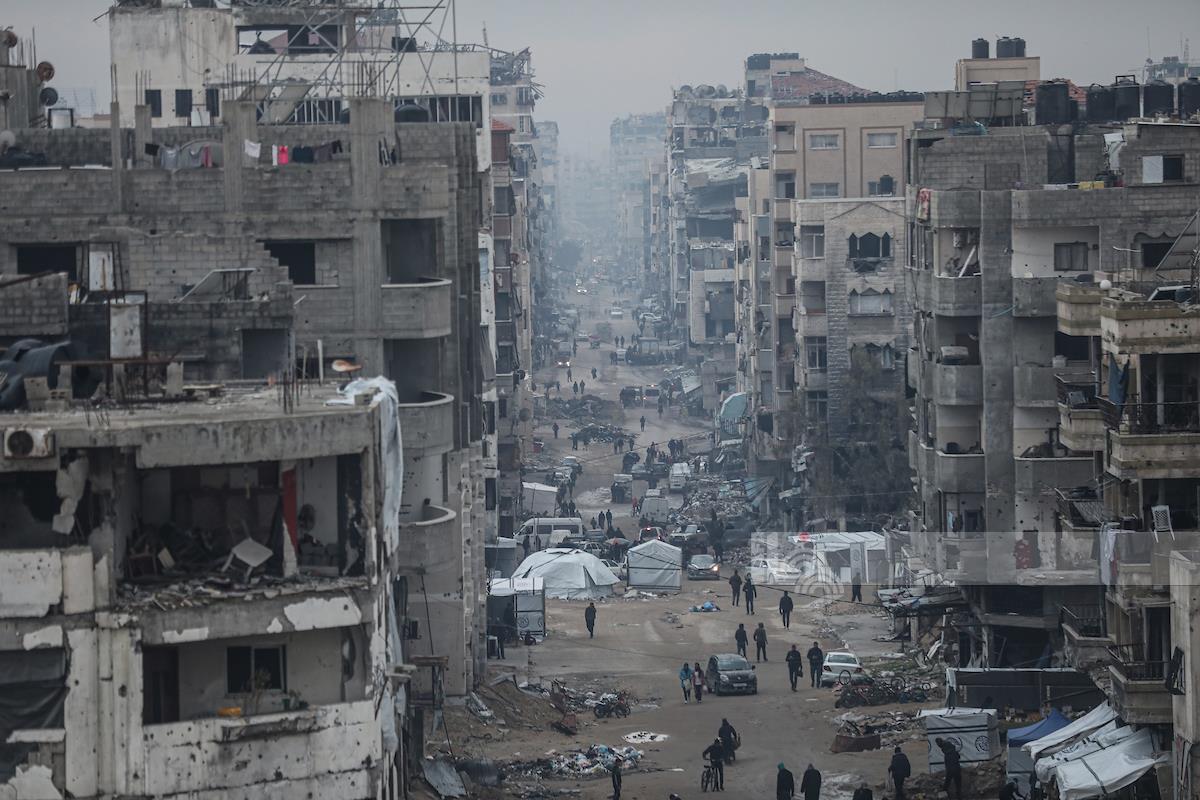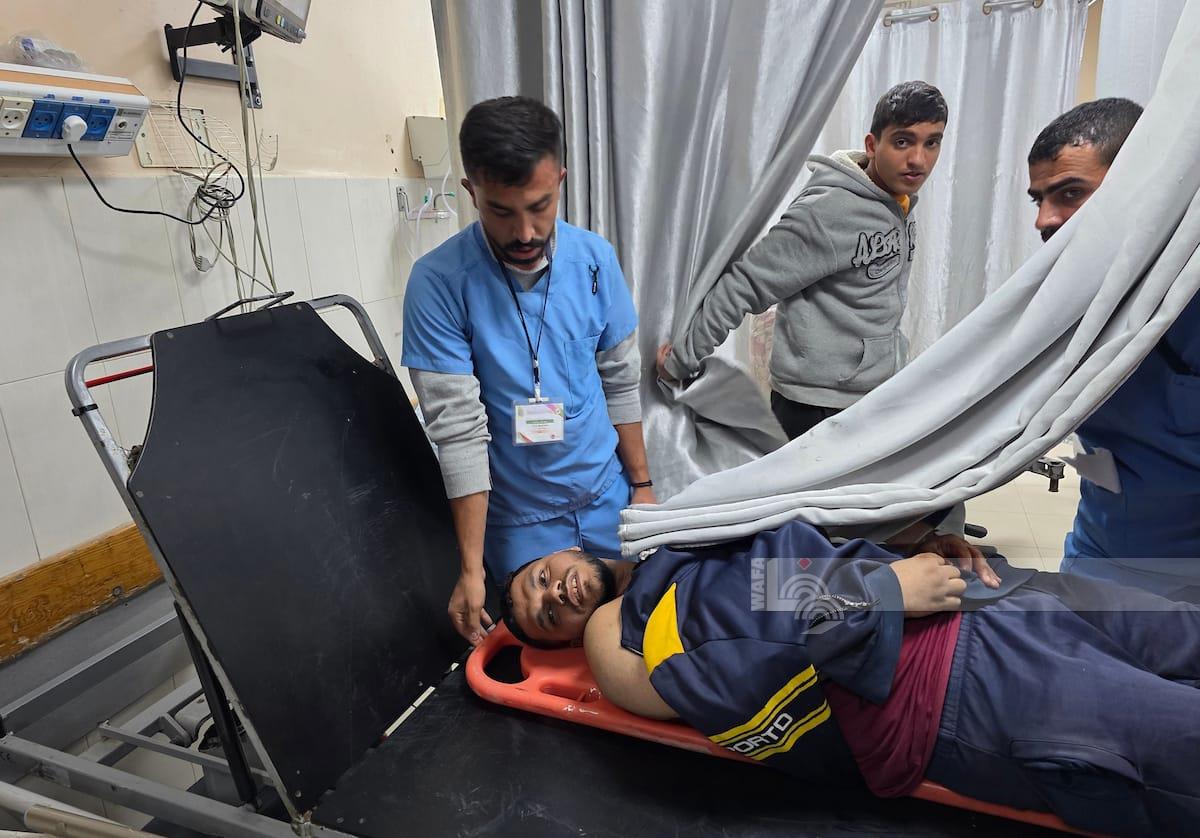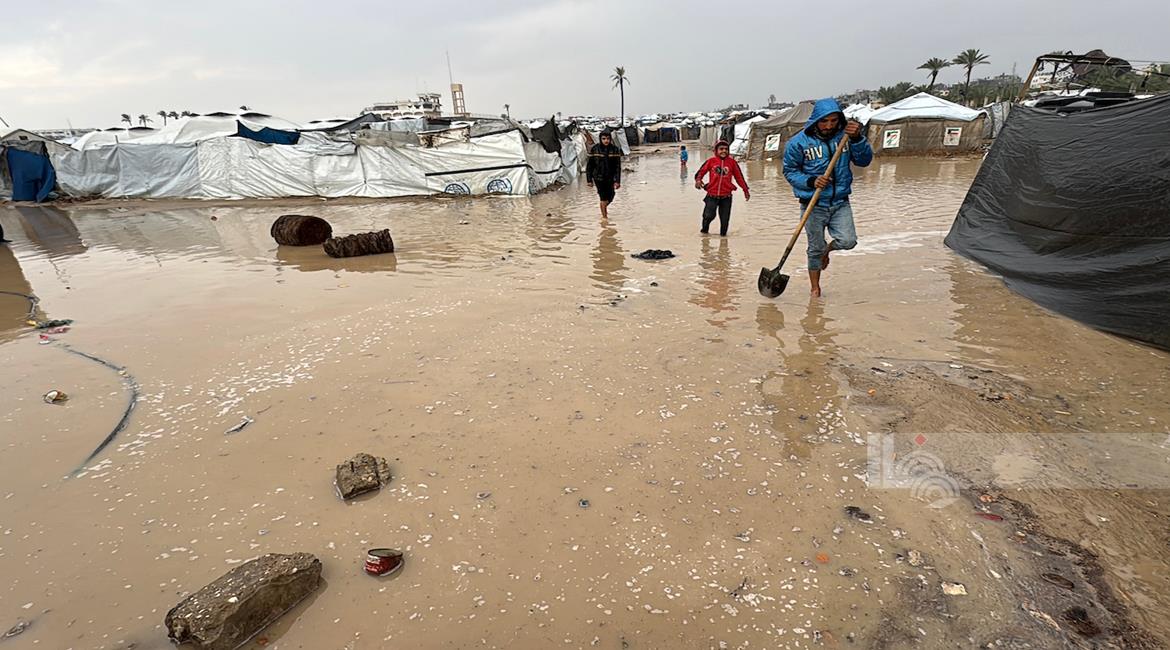GAZA, May 11, 2025 (WAFA) — In the blistering heat of Gaza’s spring, under the tattered fabric of a nylon tent barely shielding her from the elements, Umm Mohammad Abu Daqqa sits quietly with her seven children. The echoes of war still reverberate through her life, not only in the destruction that surrounds her, but in the empty space beside her—left by her husband and one of her sons, both killed in an Israeli airstrike.
"We have nothing," she told Anadolu Agency. “No food, no medicine, no safe shelter. My children are injured, but there is no treatment. The borders are closed, and help cannot get through.”
This is life for many mothers in Gaza today: a life of relentless survival amid a devastating humanitarian catastrophe. Israel's ongoing genocide in the Gaza Strip has not only destroyed homes and infrastructure—it has stripped families of their loved ones, their dignity, and their ability to provide the most basic needs for their children.
Umm Mohammad, like thousands of other displaced mothers, is left to face the impossible. Without access to flour, she resorts to grinding dried pasta to make bread, an act of both desperation and resilience. “We’re hungry all the time. There’s no one to support us,” she said. “We are left to die slowly.”
Her plea is not just for aid, but for recognition: a cry to the mothers of the world to stand with Gaza. “Stop the killing. Lift the siege. Let us live,” she said.
Not far from her, Umm Ayman told Anadolu a hauntingly similar story. She lost her husband, her child, and her home in a single airstrike. Her shelter now is a thin, fraying tent of fabric and plastic, barely standing. She walks for miles each day to fetch small amounts of water, just enough to drink or cook with.
“I’m not living—I’m just breathing,” she said. “After everything I’ve lost, I’m expected to carry on, but there’s nothing left.”
She, too, reaches out to the world’s mothers. Her voice shakes with exhaustion as she said, “Please see us. Please care. No one can survive this alone.”
Sabreen Abu Daqqa, another grieving widow and mother of five, shared anorther story of starvation. “There’s no milk, no biscuits, no juice, no fresh food for our children. We only eat pasta when we can find it,” she explained. Her appeals are directed not only at the world’s women but at Arab and Islamic nations: “We need solidarity. We need compassion. Our children are starving.”
The stories echo each other like a tragic chorus, each mother a verse in the same grim ballad. Another woman, who preferred not to be named, recently gave birth to a son whose father was killed before he ever saw his face. “I brought him into this world alone,” she said. “He was born into famine, into loss.”
“There is no flour. No food. No water,” she added. “We are living a real famine.”
The suffering of Gaza’s mothers has intensified since March, when Israel imposed a full closure of all crossings into the strip, halting the entry of humanitarian aid and fuel. The move has turned Gaza’s humanitarian crisis into what rights organizations have described as an impending genocide.
Yet amid the ruins, Gaza’s mothers endure.
They hold their children close. They share what little they have. They mourn in silence and scream into the world’s indifference. But they do not give up.
And in their cries—urgent, raw, and unfiltered—they carry a message to the world: “See us. Hear us. Help us live.”
M.N













